This is the first of two episodes highlighting access to culturally competent care, specifically LGTBQ+ inclusive care.
In this first episode, we’re featuring an in-depth healthcare consumer panel focused on strategies to improve LGBTQ+ health outcomes. Adrian Shanker moderated the panel during the “Pennsylvania’s Healthcare Mosaic: Advocacy and Equity in Action” Virtual Conference March 1-5, 2021. Panelists Alisa Bowman and Preston Heldibridle share the lived experiences of LGBTQ+ people accessing healthcare.
Adrian Shanker is the founder and Executive Director of the Bradbury-Sullivan LGBT Community Center in Allentown, Pennsylvania. He is the editor of the book, Bodies and Barriers: Queer Activists on Health.
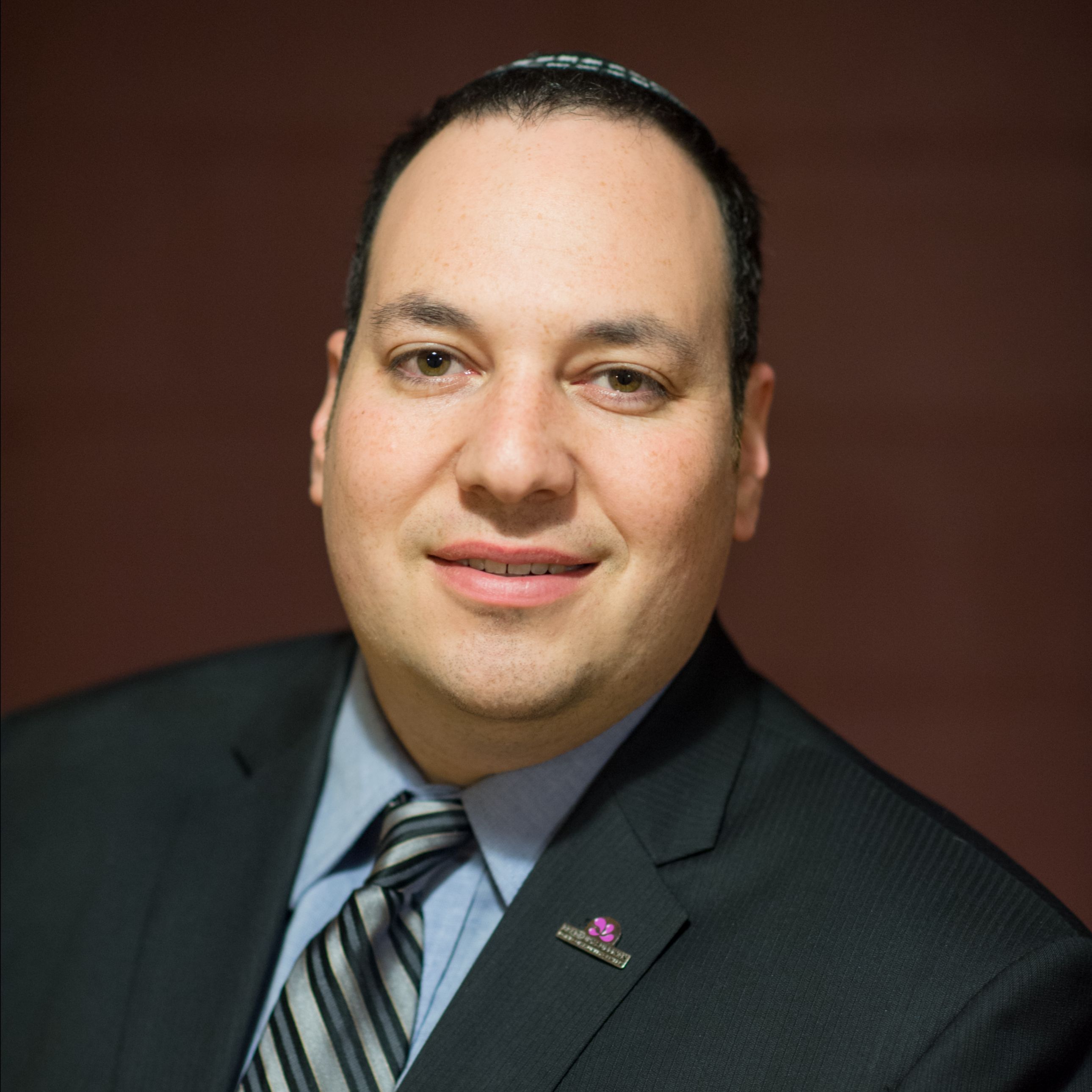
Alisa Bowman is an advocate for trans youth of all ages and the trans community in general. She is a parent of a trans child and co-author of the book, Raising the Transgender Child.
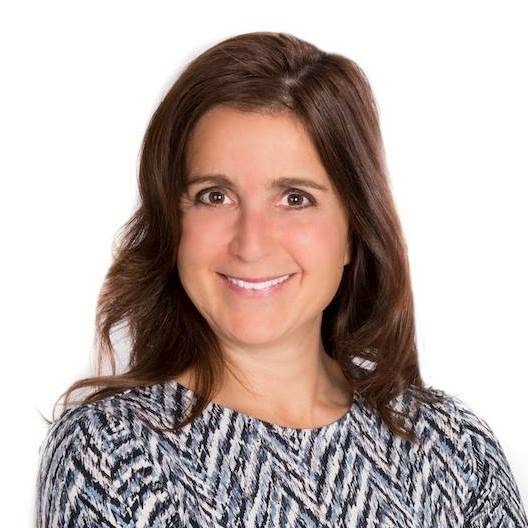
Preston Heldibridle is the Executive Director of the Pennsylvania Youth Congress (PYC). He is an advocate in Harrisburg and across the state for issues of importance to LGBTQ+ youth, especially for trans and non-binary youth.

In this episode, we venture to Pennsylvania’s Coal Region to learn how some health systems are working to expand access to dental care and improve oral health for children in underserved areas. The shortage of pediatric dentists has underscored the need for preventative care since long before the pandemic exacerbated it.
We’ll hear from nurses and dentists delivering care in rural counties, as well as advocates working on the issue across Pennsylvania.
Family nurse practitioner Tammy Lobach shares the challenges faced by her patients. Most of them rely on Medicaid or state insurance for medical coverage, but relatively few dental practices accept public insurance. Internet accessibility is another hurdle.
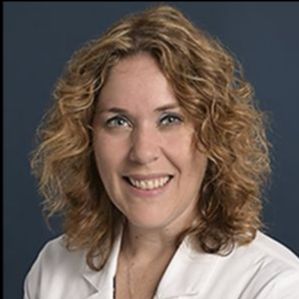
Kelly Braun is a dental hygienist and the dental delivery systems coordinator for the Pennsylvania Office of Rural Health, where she manages trainings for primary care providers and other initiatives to improve dental health. She also oversaw the Medical Oral Expanded Care initiative (MORE Care) to train nurses and other primary care providers in preventative dental care. Launched by the DentaQuest Partnership for Oral Health Advancement, MORE Care programs have been implemented in rural Pennsylvania, South Carolina, Colorado, and Oregon during the past several years.
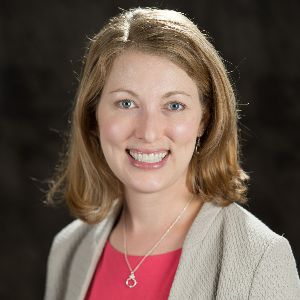
Jessica Brennan, a public health dental hygiene practitioner is a part-time specialist at the St. Luke’s Miners Hometown Federal Rural Health Clinic in Tamaqua, Pennsylvania. She relates her experiences working at the clinic’s relatively new dental office, which opened in 2019.

Dr. Soumaya Bendjilali is a part-time specialist at the St. Luke’s Miners Hometown Federal Rural Health Clinic in Tamaqua, Pennsylvania. She relates her experience working at the clinic’s relatively new dental office, which opened in 2019.
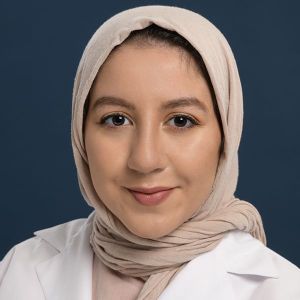
Helen Hawkey is the Executive Director of the Pennsylvania Coalition for Oral Health. She explains how the coalition’s mission expanded from increasing access to fluoridated water to working with a diverse group of leaders on multiple initiatives to improve oral health across the state.
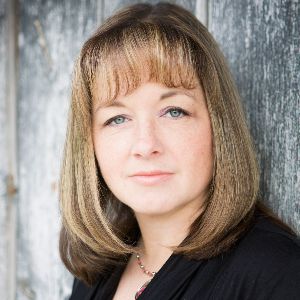
A statewide coalition has documented successes in recent years in provider recruitment, running mobile clinics, school-based sealant programs, expanding dental screenings in primary care settings, and more.
With COVID-19 compounding the shortage of dentists, those solutions have taken on more significance but might not be enough to head off the crisis some say could lie ahead.
Our producer Emily Previti recently talked to providers about how they’re navigating obstacles from transportation to water supply and food insecurity to cultural norms to broadband availability.
Sanctuary Farm consists of several growing lots that were previously abandoned and neglected in the North Philadelphia neighborhood of Sharswood. The organization helps meet a wide range of needs around nutrition, wellness, social and economic justice, and community safety. Andrea shares how she got into nursing and how Sanctuary Farm is a form of community-based health care.
In this episode, we speak to Andrea Vettori, a nurse practitioner, and Executive Director of Sanctuary Farm.
In this episode we spend time with Dr. Barbara Todd to discuss the role of mentorship and education in nurse practitioner training. Dr. Todd shares her personal clinical and teaching experience and emphasizes the importance of diversity in the workforce to support nurse practitioners who work in underserved communities.
Dr. Barbara Todd is an experienced nurse practitioner certified in both family practice and acute care. She currently holds a leadership position as the Director of Practice and Education Advanced Practice at the Hospital of the University of Pennsylvania (HUP). Dr. Todd also teaches at the University of Pennsylvania School of Nursing and is a senior fellow at the Center for Health Outcomes and Policy Research.
At the Core of Care is back with a new special series highlighting access to care. In this episode, we continue our coverage of school nursing as it remains an under-recognized and under-resourced field. Erin Maughan, a former school nurse and leading school nurse researcher, shares her perspective with us.
Erin is the Director of Research at the National Association of School Nurses (NASN). She previously taught public health nursing at Brigham Young University. As Research Director at NASN, she is working to build up the research infrastructure around school nursing to advance the field, including efforts to increase and standardize data collection that will ultimately help shape future practice and policy.
At the Core of Care is back with a new special series highlighting access to care. In this episode, PA Action Coalition Executive Director Sarah Hexem Hubbard speaks with three school nurses in Pennsylvania about their experience as a school nurse during the pandemic.
Throughout this episode, these three nurses disclose how their experience from this past year and their work before becoming a school nurse helped them respond to the pandemic’s demands on schools.
Tracey Glynn-Roulinavage, a registered nurse with more than twenty years of experience, works within the Wilkes-Barre Area School District in northeastern Pennsylvania. She transitioned from acute care hospitals to school nursing four years ago and currently works at Heights Murray Elementary School.
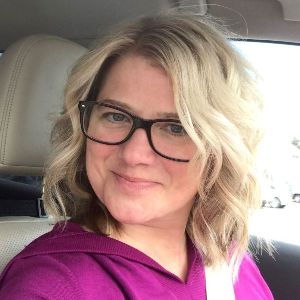
Wendy Robison is a certified school nurse within the Western Beaver County School District in western Pennsylvania. She is the recipient of the 2021 School Nurse Excellence Award from the Pennsylvania Association of School Nurses and Practitioners (PASNAP). In addition to working as a school nurse, she serves as a nurse practitioner in an urgent care clinic during weekends, holidays, and the summer.
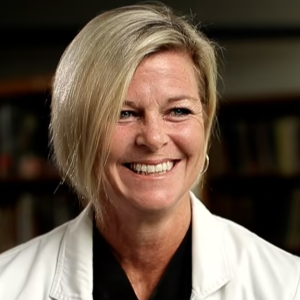
Diane Shannon is a school nurse at Kennett Middle School in southeastern Pennsylvania and has been a school nurse the past 23 years. She is also the nurse coordinator for the Kennett Consolidated School District in Chester County and served as the district’s pandemic coordinator this past year, having been recognized for her work as a nurse leader with the 2021 School Nurse Excellence Award from PASNAP.
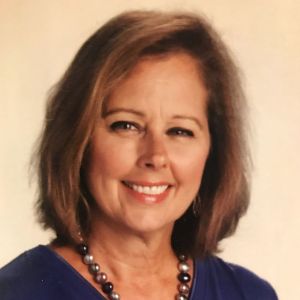
We are excited to announce that At the Core of Care is launching a new access to care special series. In this episode, PA Action Coalition Executive Director, Sarah Hexem Hubbard speaks with Regina Cunningham and Marcus Henderson.
Regina and Marcus served on the committee for the recently released the Future of Nursing 2020 to 2030 Report from the National Academy of Medicine. They highlight some of the key findings and recommendations to come out of the seminal study that's dedicated to charting a path to achieve health equity.
Regina Cunningham is the Chief Executive Officer at the hospital of the University of Pennsylvania, as well as an adjunct professor and assistant dean at Penn School of Nursing.
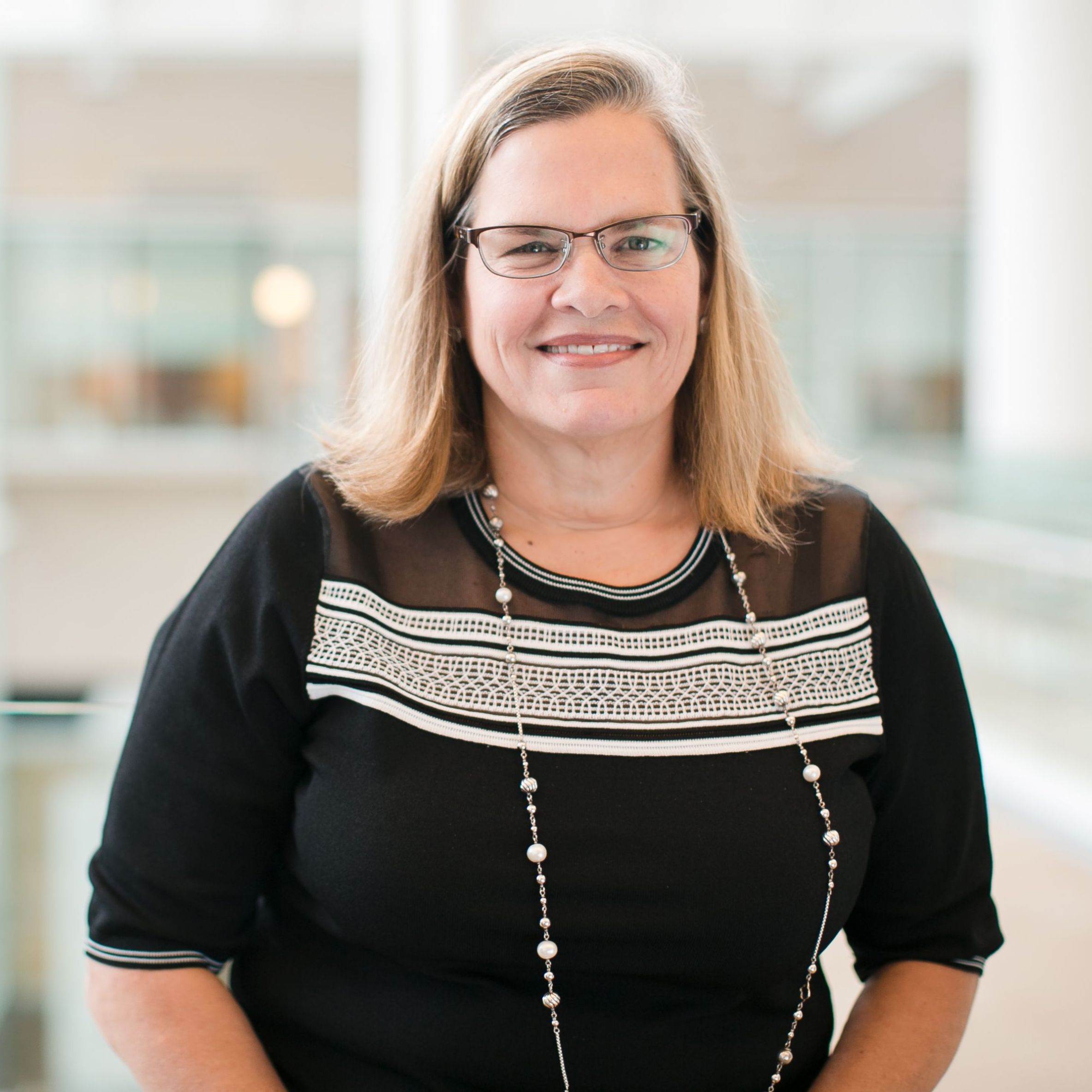
Marcus Henderson is a psychiatric mental health nurse and serves as the charge nurse of adolescent services for the Fairmount Behavioral Health System. He's also a lecturer at Penn School of Nursing.
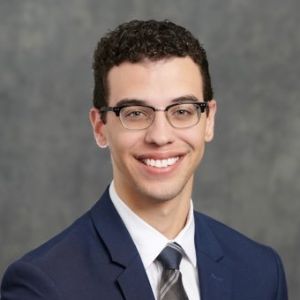
Vaccine Confidence: Identifying Trusted Messengers is the final episode in our six-part COVID-19 Vaccine Confidence series hosted by At the Core of Care. In this episode, we hear from nurses across the country about what it means to be a trusted messenger and how to address vaccine hesitancy in the communities they serve.
We talk to nurse practitioner, Dr. Meriam Caboral-Stevens and nurses, Opeyemi Ogunniyi and Reglita Laput.
Dr. Meriam Caboral-Stevens is a researcher and faculty member at Eastern Michigan University in the School of Nursing and faculty at the university's Center for Health Disparities Innovations and Studies. She shares with us what her vaccination rollout experience has been like so far in developing outreach efforts within Michigan's Asian and Arab American communities.
We also speak to registered nurses Opeyemi Ogunniyi and Reglita Laput. Opeyemi Ogunniyi is a registered nurse in Houston, Texas and is currently working in the medical surgical unit. She shares her experience navigating vaccine hesitancy with patients and what she is hearing from family and friends in her hometown, Lagos, Nigeria. Reglita Laput is a community health nurse in Michigan and Director of Clinical Services for a homecare program. She also serves as the current president of the Philippine Nurses Association of in Michigan and has been active in helping organize community-based vaccination events.
This project was funded in part by a cooperative agreement with the Centers for Disease Control and Prevention (grant number NU50CK000580). The Centers for Disease Control and Prevention is an agency within the Department of Health and Human Services (HHS). The contents of this resource center do not necessarily represent the policy of CDC or HHS and should not be considered an endorsement by the Federal Government.
Read the TranscriptSharing Your Vaccination Experience is the fifth episode in a six-part COVID-19 Vaccine Confidence series hosted by At the Core of Care. In this episode, we hear from nurses across the country about their own vaccination experience and how they’re supporting vaccination efforts in their communities.
We talk to registered nurse Melody Butler from Long Island and two nurse practitioners Deepika Goyal and Melina Moran from the West Coast.
Melody Butler is an infection preventionist at Good Samaritan Hospital Medical Center and runs Nurses Who Vaccinate, a nurse-driven organization she founded ten years ago.
We also speak to nurse practitioners Melina Moran and Deepika Goyal. Melina Moran is a family nurse practitioner at a clinic in Redmond, a rural community in Central Oregon. She walks us through the conversations she’s been having with patients who are unsure about getting vaccinated. Dr. Deepika Goyal is a professor at San Jose State University in San Jose, California, and a family nurse practitioner specializing in OB-GYN care at Santa Clara Valley Medical Center. She shares vaccination concerns specific to reproductive health and her research on the impact of the pandemic on maternal mental health.
This project was funded in part by a cooperative agreement with the Centers for Disease Control and Prevention (grant number NU50CK000580). The Centers for Disease Control and Prevention is an agency within the Department of Health and Human Services (HHS). The contents of this resource center do not necessarily represent the policy of CDC or HHS and should not be considered an endorsement by the Federal Government.
Read the TranscriptVaccine Confidence: Community Partnerships & Accessibility is the fourth episode in a six-part series of the At the Core of Care podcast about COVID-19 vaccine confidence efforts.
In this episode, we talk to three nurse practitioners based in Topeka, Kansas, and Milford, Massachusetts, about the role of community partnerships and vaccine distribution.
Patrick Muchina is the family nurse practitioner manager at Pine Ridge Family Health Center in Topeka. Nurse practitioner Amanda Hartman was part of the team that started Pine Ridge, where she currently works part-time caring for patients and teaches at Washburn University School of Nursing. Pine Ridge serves as a clinic for Topeka Housing Authority residents and as a training site for student nurses.
We also speak to nurse practitioner Sydney Engel from Milford, Massachusetts, about how she and her colleagues are addressing vaccine accessibility issues facing their patients, many of whom are new immigrants.
This project was funded in part by a cooperative agreement with the Centers for Disease Control and Prevention (grant number NU50CK000580). The Centers for Disease Control and Prevention is an agency within the Department of Health and Human Services (HHS). The contents of this resource center do not necessarily represent the policy of CDC or HHS, and should not be considered an endorsement by the Federal Government.
Read the Transcript